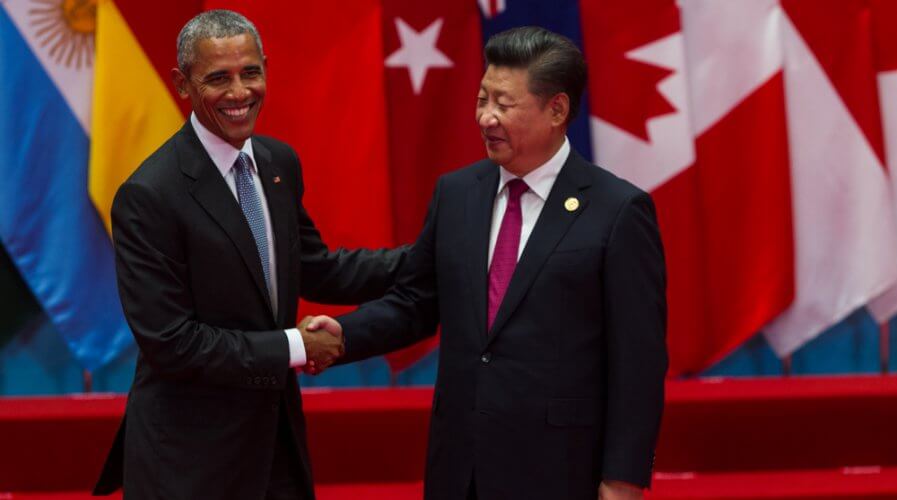
Chinese cyber espionage is back in full force. Source: Shutterstock
Cybersecurity truce with China no longer protects US businesses
CHINA has a reputation for orchestrating cyberattacks in search of corporate secrets and government information, but their actions hurt the economic interests of those on the receiving end — with catastrophic results for small and mid-market businesses.
In recent months, for example, Australian media alleged that China repeatedly hacked Sydney, Melbourne, and Canberra-based entities to illegally obtain information.
However, only a few years ago, businesses and government organizations in the United States were on the receiving end of that cyber-action. A cybersecurity agreement facilitated by the Obama administration put a stop to that.
Unfortunately, according to a report that Bloomberg reviewed, that agreement seems to have been voided as a result of the rising tensions between two nations.
A recent report released by Accenture found that cybercrime could cost businesses up to US$5.2 trillion over the next five years, and highlighted that only 30 percent of its businesses are confident about their cybersecurity measures.
The Bloomberg article also mentioned that commercially-motivated Chinese cyber espionage is now back in full force. Further, at the pace that the US-China trade war is unfolding, the tempo for Chinese intrusion is likely to accelerate.
However, experts believe there’s still room for tensions to easy and for things to settle down, as the two countries are expected to negotiate a suitable trade deal by the end of this month.
According to the news story, China’s hacking targets in 2018 was largely telecommunications systems in the US and Asia. Other sectors that fall prey to Chinese hackers were technology, manufacturing, and hospitality.
The most ‘worthy’ hack target is the telecommunications sector. Telco companies hold a massive amount of private data. The volume of information acquired through a single hack in the sector is the most lucrative.
This view is aligned with the concerns raised by the US administration — and justifies their call for a ban on Huawei and other Chinese telecoms providers supplying 5G equipment.
5G technology does not merely represent faster connectivity. The instantaneous transaction of data opens up the possibility of more artificial intelligence services on a bigger scale.
The capacity of 5G networks is expansive. It’s expected to be the foundation of tomorrow’s machine-to-machine interactions in smart cities, managing operations purely based on the transaction of data and information.
While cybersecurity is a national concern, the reason so many businesses are concerned about the rise of cyberattacks and the stance that China and the US are taking is simple: Economic instability and challenges will damage businesses — hurting their reputation, inviting more scrutiny and regulation, and bringing along other challenges to their digital journey.
READ MORE
- Safer Automation: How Sophic and Firmus Succeeded in Malaysia with MDEC’s Support
- Privilege granted, not gained: Intelligent authorization for enhanced infrastructure productivity
- Low-Code produces the Proof-of-Possibilities
- New Wearables Enable Staff to Work Faster and Safer
- Experts weigh in on Oracle’s departure from adland


